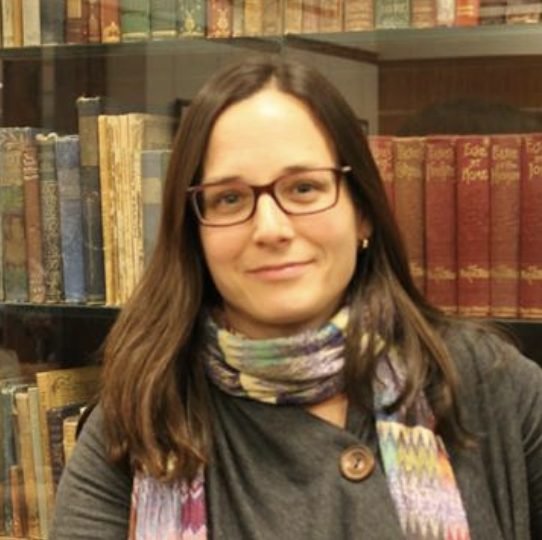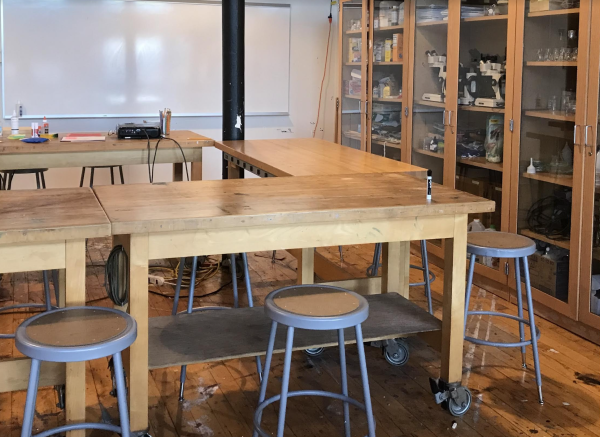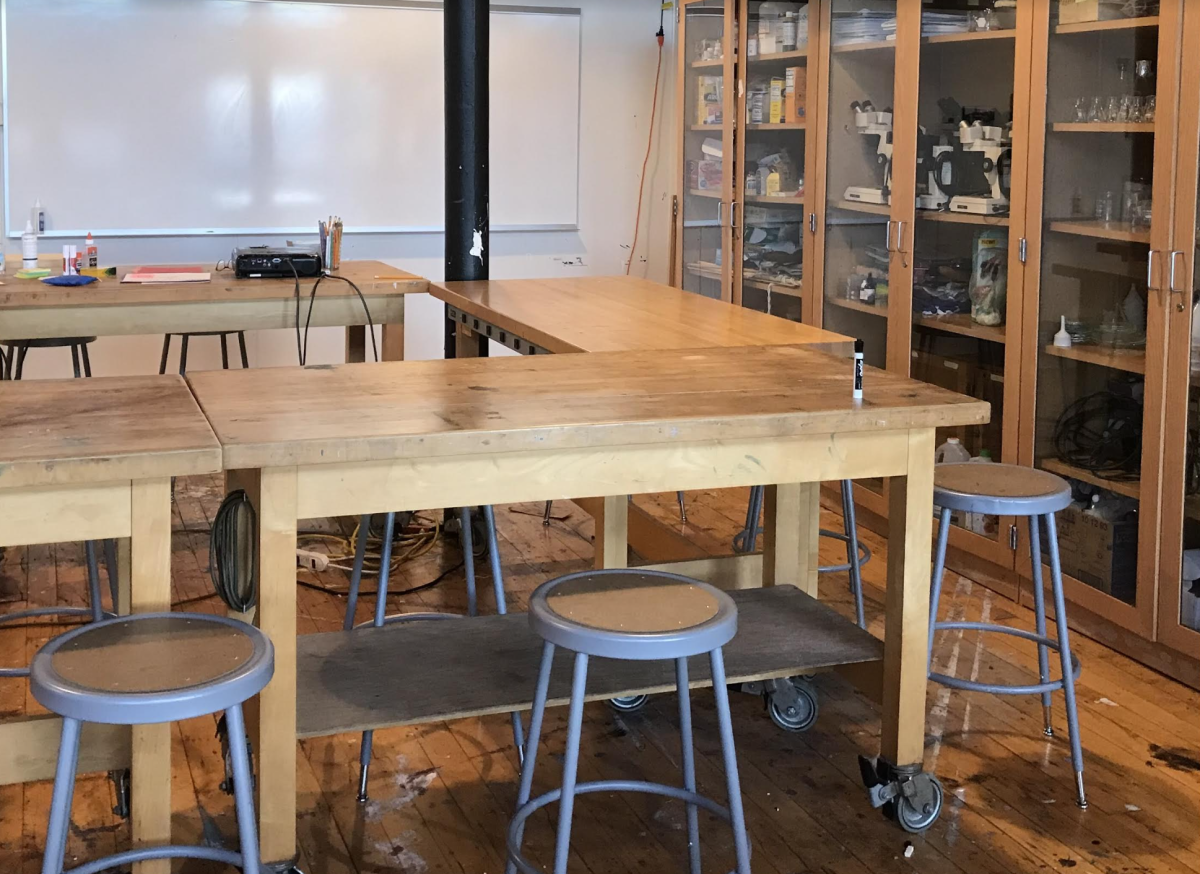“This made me think about how computer science teaching lacks humanity,” I wrote, then deleted every character. While I love coding, I despise the culture around it. I began interning as a multimedia designer at 13, and I was the designer on every project for years. But to the surprise of many, I pivoted to computer science before college, moving away from the creative path where I had established connections. However, the connection is there, with the need for creativity in tech.
In a recent email exchange, an engineer criticized an upcoming event as “too unprofessional,” reacting to the pink and purple color palette I had designed and approved as the event’s director. This incident reminded me of a similar experience in one of the few programming classes I took before college, where someone dismissed a character as “too girly” to be in a video game.
These incidents are not isolated. Similar stories are abundant across the tech industry, where expressions of femininity are met with skeptical frowns. The implications are clear: the tech field, which thrives on innovation, is discouraging diverse perspectives and reinforcing a narrow view of who belongs. As an article in Scientific American pointed out, “It’s not that they aren’t interested; it’s the culture of these fields and how they exclude women and girls.”
One root cause is how computer science is often portrayed and taught. Traditionally, STEM education has prioritized hard skills like coding and system design, overlooking the soft skills that are equally important. This approach not only creates a wrong perception of what attributes are valuable in tech but also discourages those who might bring different skills to the table. The failure here is not just in attendance, where students may feel marginalized, but in the core educational philosophy itself.
Workplace culture can also perpetuate these stereotypes. Many companies, intentionally or not, foster environments where only a certain type of person feels welcome or valued. This might be through biased hiring, team dynamics that prioritize loud voices over collaboration, or a lack of support for those who don’t fit the view of what tech looks like.
I am graduating this May, and throughout my academic journey, I’ve never had a professor or mentor who looked like me. It often felt as though my identity was erased the moment I stepped into the classroom, even though the struggles tied to that identity persisted. This discrepancy has compelled me to seek motivation beyond the academic environment. But it doesn’t have to be this way.
We can change how computer science is taught, starting with more inclusive teaching practices and curricula that value diverse interests. Positive role models, like those defying stereotypes in tech, can inspire and mentor underrepresented groups to pursue careers in the field. Companies can foster more inclusive cultures by implementing inclusive hiring practices and creating supportive environments for women and minorities.
Educators should adopt teaching methods that encourage all students to explore and enjoy coding. Employers should evaluate and improve their workplace cultures, ensuring that they are welcoming and supportive to diverse employees. And each of us, as individuals, should challenge stereotypes and advocate for inclusivity in tech.
Embracing a broader definition of what it means to be skilled in tech reflects the reality of the industry’s needs. The best tech solutions are created in a room of various perspectives and disciplines. From design thinking to project management, the most innovative projects are those that encourage diversity in thought and expression.
Tech isn’t just about building systems; it’s about building communities. Only by valuing all perspectives can we create a field that genuinely innovates and serves everyone. Humanity isn’t just an add-on; it’s essential to our progress.













